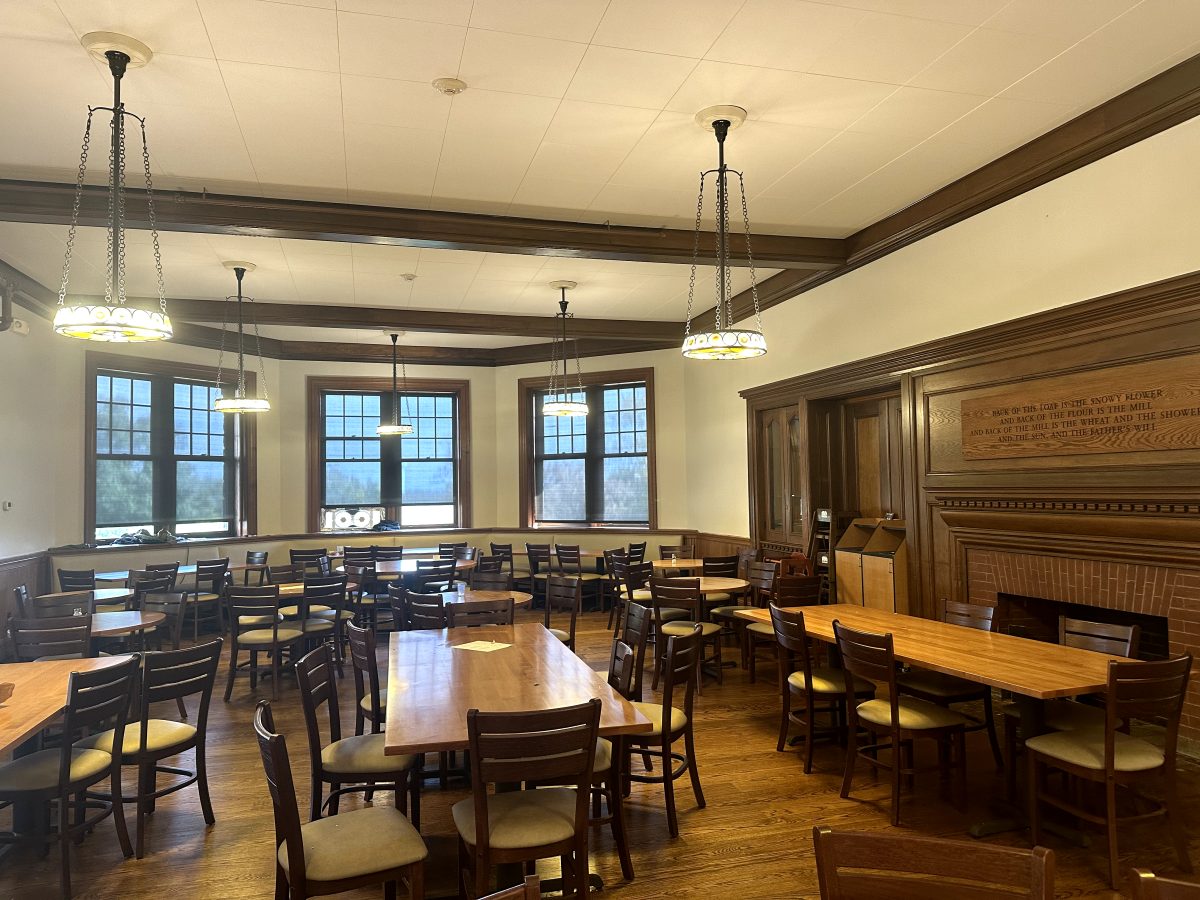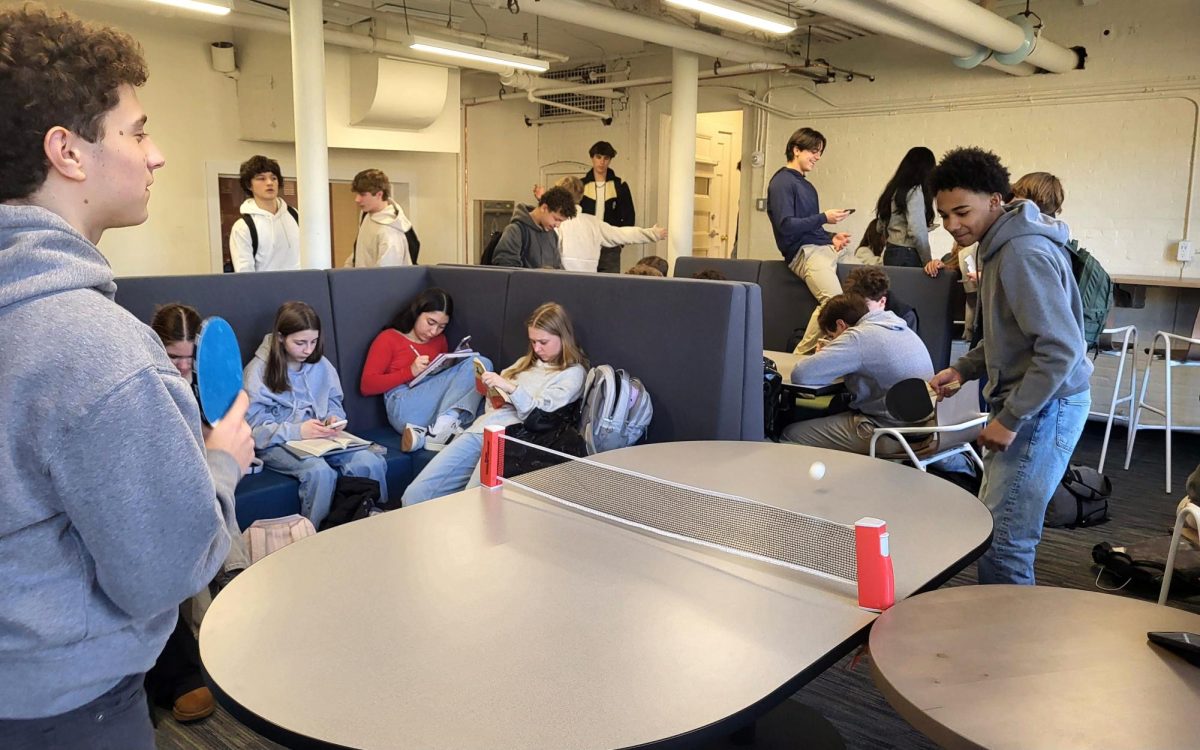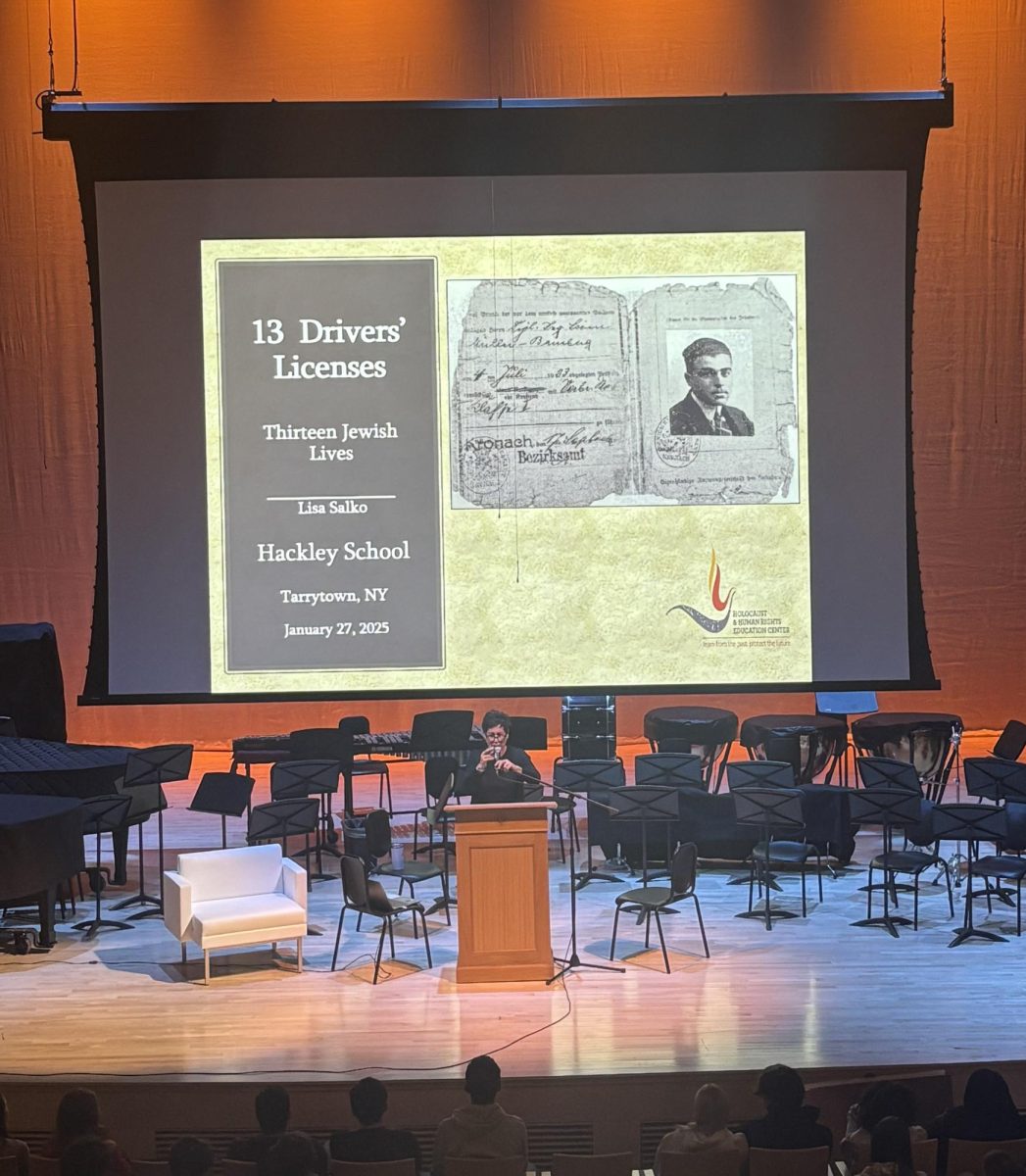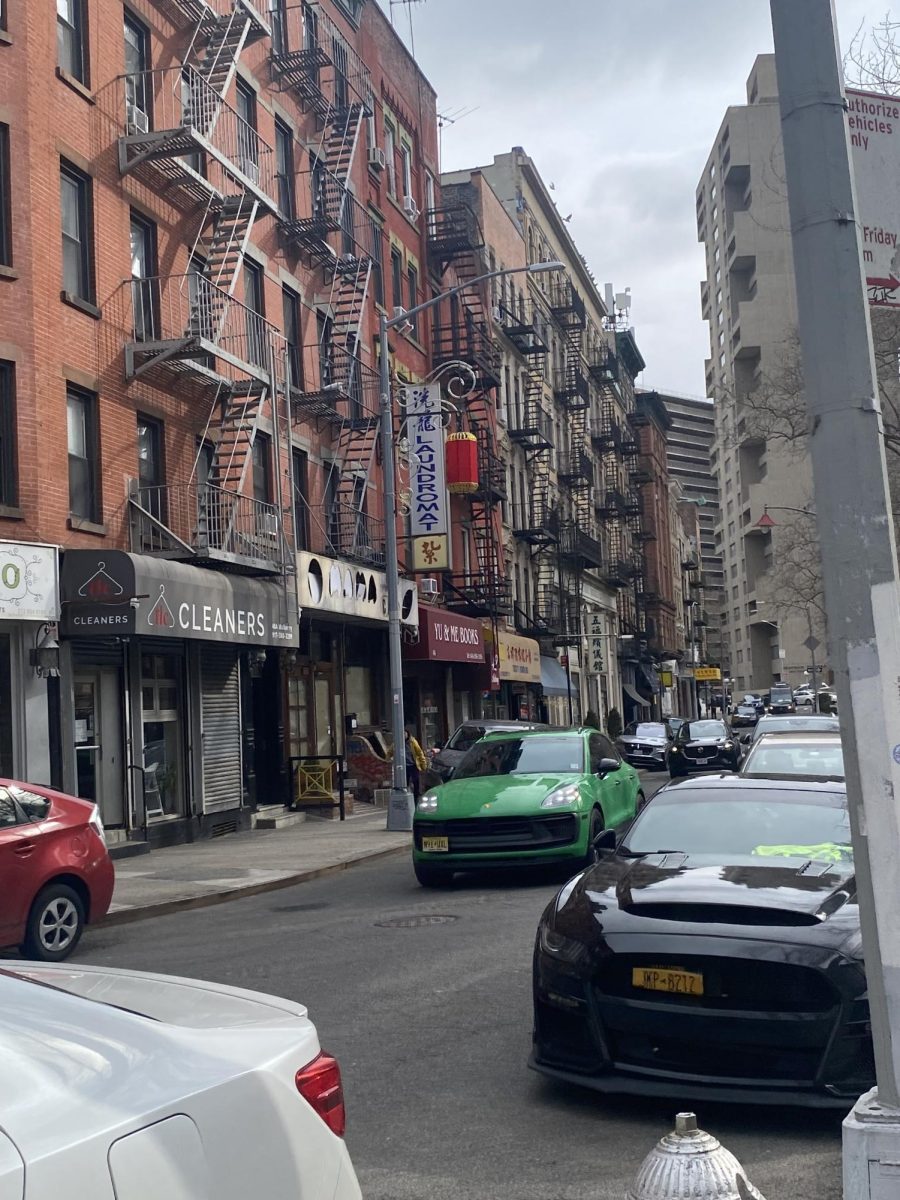
Nancy Gibbs is seen around the Hackley campus as sophomore Galen May’s mother. But at Time magazine, she is the new managing editor. She is the first woman to be given this position.
This is not the first time Gibbs has broken barriers for women. She struggled with barriers as the first American woman to attend Oxford. While working at Time, she “never felt that someone was challenging [her] work because [she] was a woman.” Gibbs has worked at Time magazine since 1985, starting as a part-time fact checker. She became a writer in 1988. One of her most noted works is the black bounded issue published on September 11, which won a National Magazine Award.
Gibbs is excited about the responsibilities her new position entails. Gibbs said, “I also care about Time’s future and figuring out how we can take advantage of all the great new tools for storytelling that technology is giving us.”
Gibbs is a successful mother, and a role model for many girls. She said, “I was very moved by all the words of encouragement, and if this helps young women realize there should be no limits on their aspirations, then I’m glad of that.”
Q: Throughout your time as deputy managing editor, you helped reach more online buyers. How will you expand on that as managing editor?
A: We are re-inventing TIME.com this fall, to increase the speed, volume, depth and breadth of our news coverage online. That’s been a priority for me since last spring; I’m the first editor to take over Time with a digital audience that is larger than our print audience. We just crossed five million followers on Twitter, are having record-breaking traffic on TIME.com and have just launched a documentary film unit. I love magazines, love print, but also love all the new ways we have to reach the largest audience in our history.
Q: What sort of new responsibilities come from being the managing editor?
A: I am responsible for all our coverage in print, online, on tablet, as well as our International editions and Time for Kids (which I love.) What weighs most heavily on me is making sure our journalists are safe—especially the ones reporting on dangerous stories, like the war in Syria.
Q: You are also the first woman to have held this position. What reaction have you gotten from your staff and the press? Do you wish it were another way?
A: I will admit I was surprised by all the attention to my being the first woman in this role; so many women have broken through so many barriers that very soon, I suspect it will no longer count as “news.” But I was very moved by all the words of encouragement, and if this helps young women realize there should be no limits on their aspirations, then I’m glad of that.
Q:You have published more cover stories than any other employee, ever. In your new position, how much is writing versus editing? Would you prefer it to be another way? If so, how?
A: I’m realistic that I won’t have nearly as much time to write, which I do miss. I’m even surprised, after a few months in the job, at how hard it is to find time to do the editing, meaning the hands -on refining of people’s stories. I spend much of my day in meetings with my editors, or with our business side, or representing Time outside. Writing is hard, even after you’ve been doing it for a long time, so as much as I love it, I also know that trying to write well when you are tired or distracted. is no fun.
Q: You are an inspiration to many girls throughout the country because of your career. What do you think is important for girls to know about pursuing careers and having leadership roles in major companies?
A: As more and more women come into leadership positions, I think there will be many more role models, more career paths, more creative thinking about how workplaces are structured to play to people’s strengths. I’ve interviewed many job candidates in the past few months, and the young women—as well as the young men— I’m seeing are spectacular. I have no doubt that they will achieve whatever they set out to do.
Q: How do you juggle being a mom and having a time consuming job? What is something you would change?
A: I’d add more hours to the day! Fortunately my family has been amazing; they tolerate my distraction and moods and when I fall asleep mid-sentence on the couch. They put up with my obsessions about politics, presidents and people who fascinate me; they don’t complain when I make a mess of something because I wasn’t paying attention. I could never do this job were it not for their unfailing patience and good humor.






